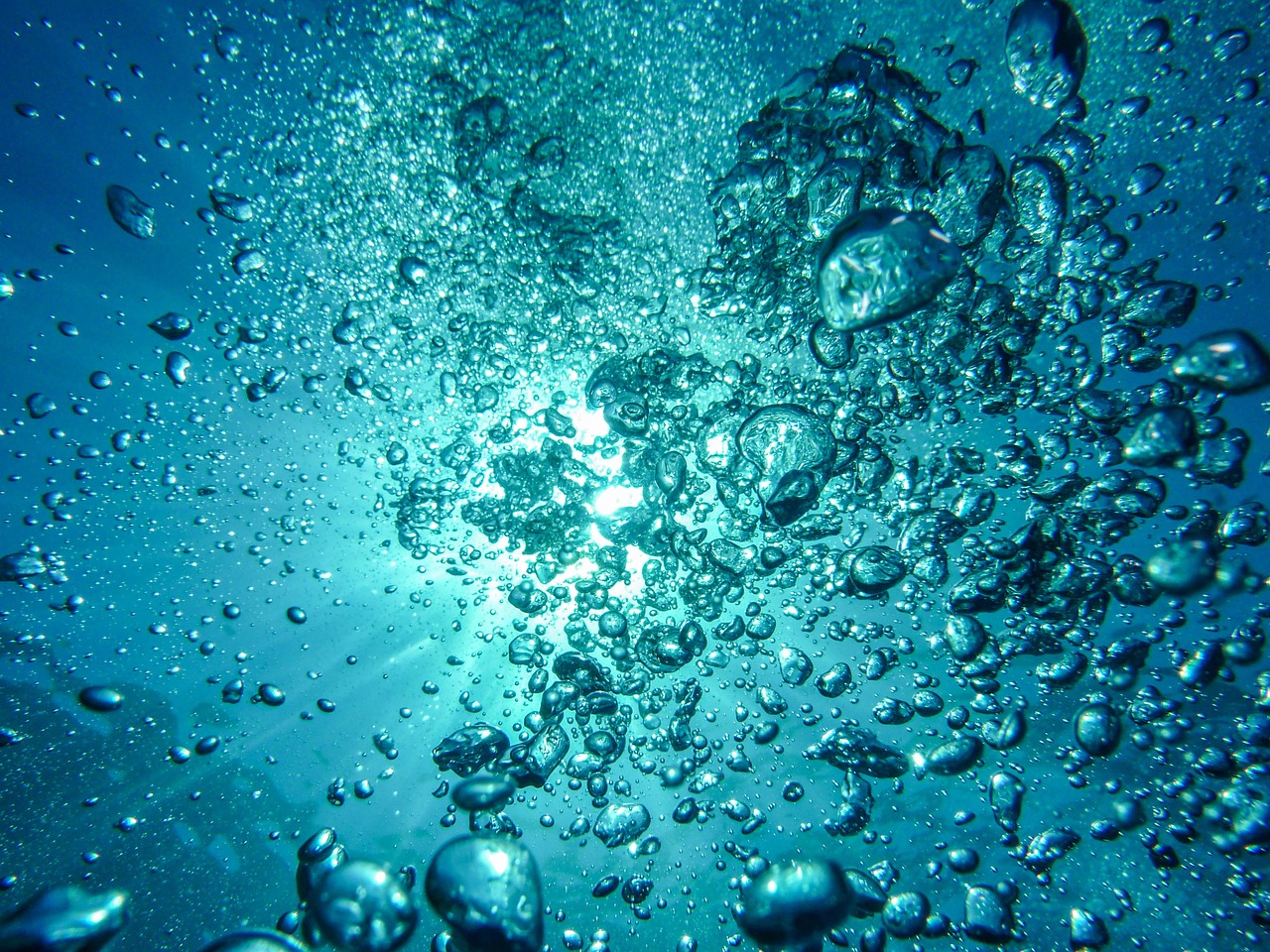This post is also available in:
 עברית (Hebrew)
עברית (Hebrew)
Researchers report that artificial intelligence could speed up the development of better water filtering materials. According to a recent study, artificial intelligence was able to design optimal arrangements that could slow down contaminants.
This study demonstrates AI’s usefulness toward developing water purification membranes with novel properties, the researchers say, and could form the basis of a new type of filter system. They add that the approach could be adapted to design surfaces that could have unique interactions with water or other molecules, such as coatings that resist fouling.
The application of AI is emerging in water treatment to overcome the complications of traditional methods. In the current era, water industries are investing in artificial intelligence, and according to market research, this investment is expected to reach $6.3 billion by 2030.
According to sciencedirect.com, numerous AI models (both single and hybrid) have successfully predicted the performance of different adsorbents for the removal of dyes, metals, organic compounds, pharmaceuticals, drugs, pesticides and PCPs from water.
But despite several advantages offered by AI, there some limitations that hindered the widespread applications of these techniques in real water treatment systems. The availability and selection of data, poor reproducibility, less evidence of applications in real water treatment are some of the key challenges that need to be addressed.
Prepared to dive into the world of futuristic technology? Attend INNOTECH 2023, the international convention and exhibition for cyber, HLS and innovation at Expo, Tel Aviv, on March 29th-30th
Interested in sponsoring / a display booth at the 2023 INNOTECH exhibition? Click here for details!























